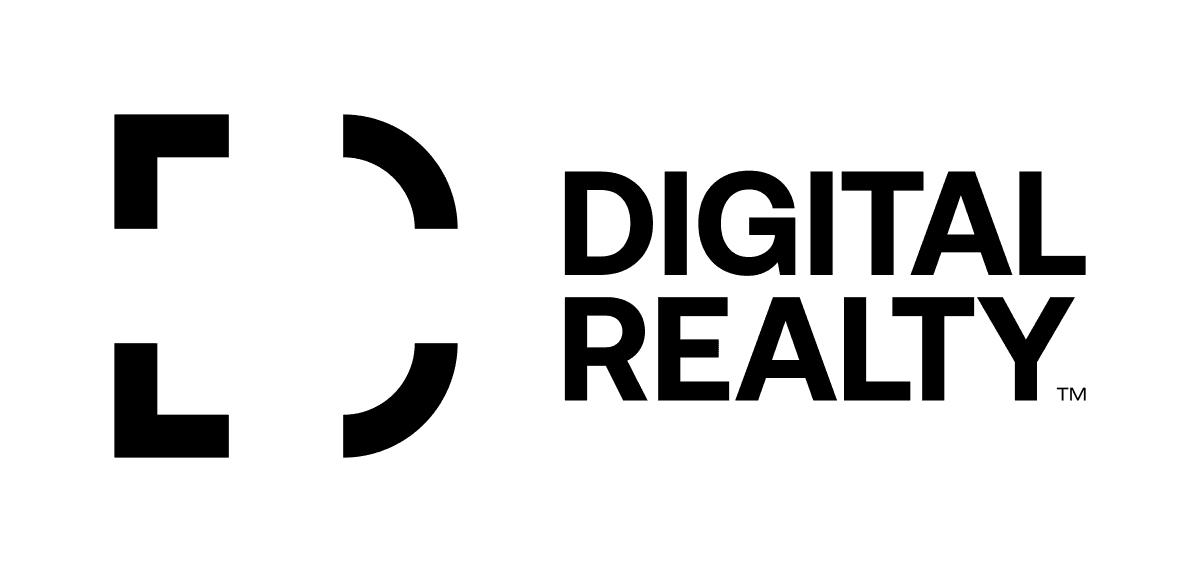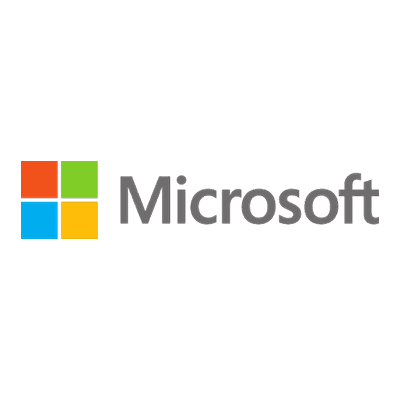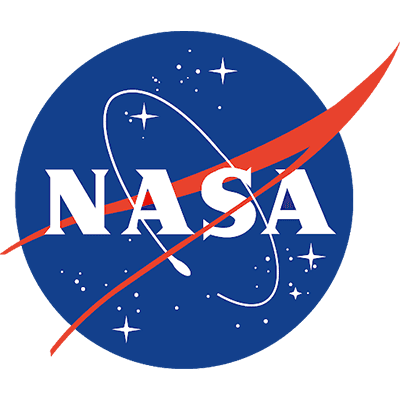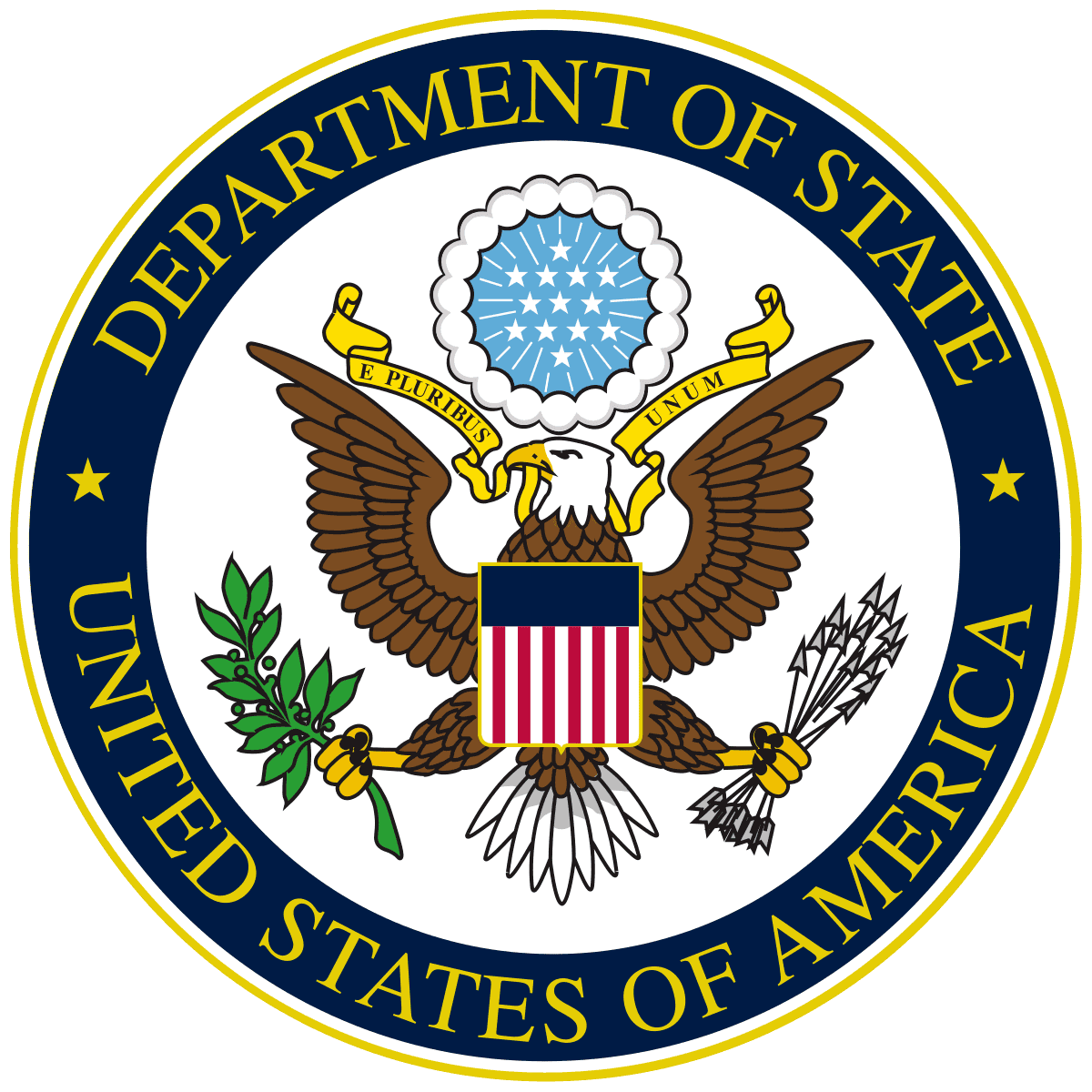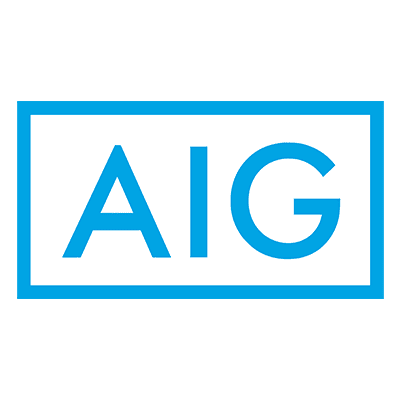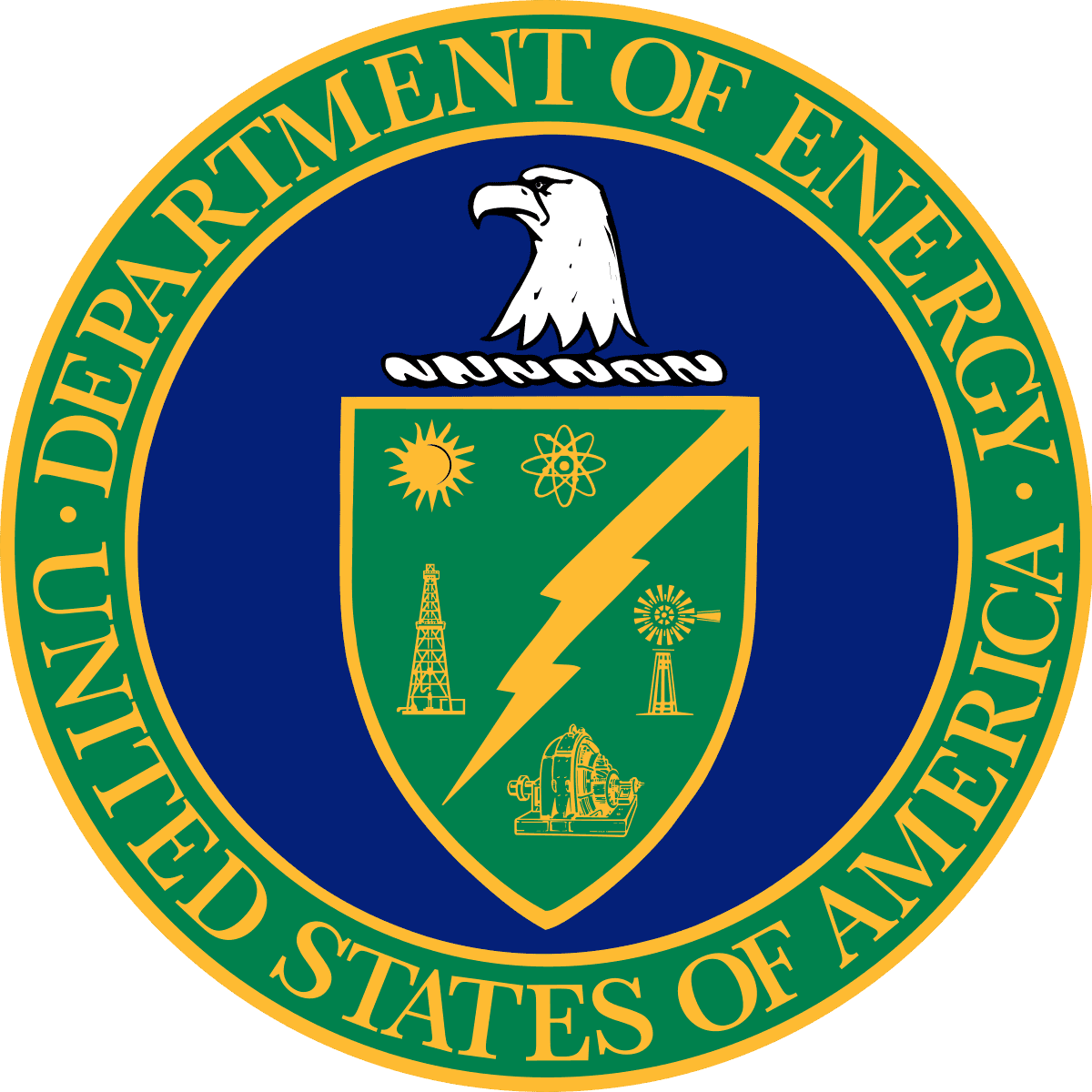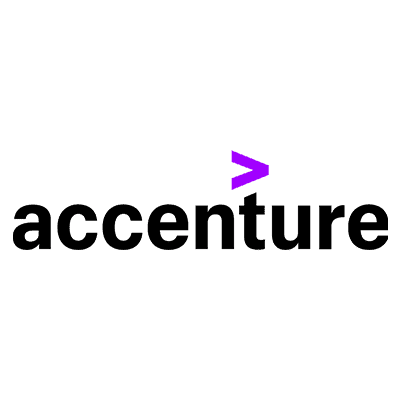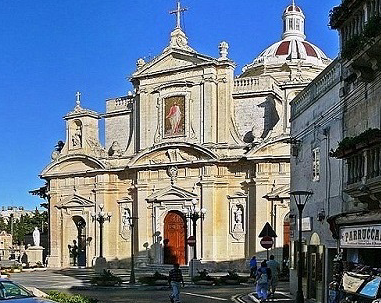
24 May 2024
It's Time to Look at Morocco, Tunisia, and Algeria
Morocco and Tunisia are both working to become key digital hubs in Northern Africa, with Algeria perhaps in the mix as well.
These Northern African nations all face towards the EU, and have the potential to benefit from internet traffic flows that connect directly to Spain and France. Submarine optical cables are in place in all three countries, as well as in very small, residual territories of Spain that are located on the African continent.
Although none of the three nations are among the top data center hubs in the EMEA region or Africa, there is at least one ambitious plan afoot: a startup with founders in the US and the UK, Iozera.ai, has announced a massive, multi-hundred-MW development plan for the north of Morocco, to be known as Eureka Park. Plans reportedly call for a multi-phase hub to be built in increments as large as 75MW. The Taiwanese electronics company Pegatron is also involved with this idea.
Morocco and Tunisia each score slightly below the world average in the IDCA Digital Readiness Index of Nations. The world average score overall is 46 (on a 0-100) scale, with Morocco and Tunisia coming in at 43 and 41, respectively. Both have relatively strong economies, but are brought down by sub-par Environment scores, particularly in Tunisia's case.
The world average shows 30% of electricity being produced by sustainable energy. Morocco's sustainable grid, though, stands at around 20% and Tunisia produces only about 3% of its electricity fro sustainable resources.
Another major component of the IDCA Sustainability score measures the amount of CO2 produced per US$1M of GDP – this measures economic efficiency and is a far superior way to look at emissions than a simple look at per capita emissions. The world average for this component is 400 tons per $1M. The US comes in at 225, for example, with China at around 600 and India around 800. Morocco is slightly worse than the world average, at 485, where Tunisia comes in at almost 700. Clearly there is a big opportunity for investors in improving this situation in both countries.
Algeria scores less well than the other two, with an overall score of 36. Algeria's economy is not strong, and has barely started the process of developing sustainable energy. A silver lining in these clouds reflects a relatively efficient economic production of CO2 so far, so anyone wishing to focus aggressively on developing the Algerian economy would not encounter a highly polluting existing infrastructure.
With a tilt toward Europe and some nascent interest in the region, it's well-advised to watch Morocco, Tunisia, and Algeria closely, and think of them as part of a regional hub rather than three countries that must necessarily compete with one another.
Follow us on social media:


.d57b427b.png&w=3840&q=75)

